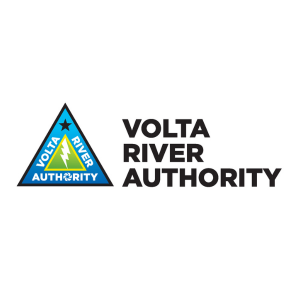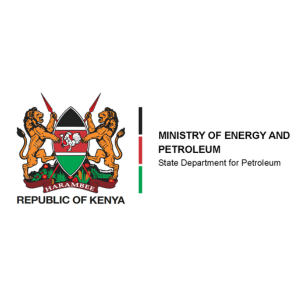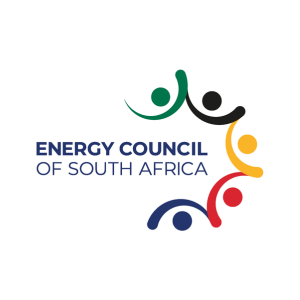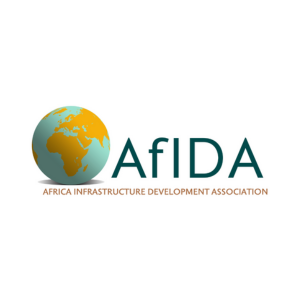Highlights
space
Day 2 Highlights
We hope you enjoyed the electrifying final day of the Green Energy Africa Summit. As we conclude this remarkable event, we wanted to take a moment to recap the highlights and key takeaways from Day 2.
Wednesday's key sessions
-min.png?ext=.png)
Focus on Hydrogen
During Day 2 of GEAS, several discussions and conversations focused on the potential and role of hydrogen to drive economic development and energy access in South Africa and across the rest of the continent.Participants explained that the hydrogen roadmap will be the main scene setter for policy direction for hydrogen development in South Africa. In that regard, Transnet will play a key role, driven by port development and the concessioning of port infrastructure to the private sector; a focus on internal decarbonization (transitioning rail locomotive fuels to hydrogen fuel cell or dual fuel; leveraging existing infrastructure for hydrogen development; and the development of internal green hydrogen strategy with a focus on green ammonia and green hydrogen specifically. During the debates, it became clear that coal will remain part of South Africa’s energy mix and the transition to hydrogen will be slow due to the pace of policy and political will. Participants called for a strong localisation strategy to ensure local participation. In terms of local benefits, Special Economic Zones and local developers have the opportunity to develop local skills for participation in the green economy for instance.
The discussion finally addressed some of hydrogen’s commercialisation challenges such as financial gages, lack of requisite skills, and private sector buy in/partnerships.
-min.png?ext=.png)
E-Mobility
A key discussion on e-mobility concluded that electric vehicles adoption in Africa will be slow given current market conditions – especially in sub-Saharan Africa. While electric mobility will be pick up, the process will be slow due to procurement, integration, cost, skills and commercial buy in. Likely trends in the sector are already being seen in the haulage and public transport sector, but much less in the retail segment.Mike Peo from Nedbank CIB notably stated that the pace of policy and regulatory reform is slowing down industrialisation and other private sector ambitions within the sector. Participants insisted that the government’s role should focus on unlocking the blockages and providing an enabling environment as stakeholders enter a very disruptive time in the EV space.
Last but not least, a key statement was made that the mining value chain and the automotive value chain should collaborate in order to drive maximum development in the sectors and drive investment.
-min.png?ext=.png)
Energy Transition
Finally, the day concluded with a key debate on African energy transitions, focusing on current energy poverty levels and the urgency to address Africa’s energy crisis. A key challenge of Africa’s just energy transition partnerships (JETP) is the number of parties involved in the transition, the lack of understanding on what needs to be done to address energy crises quickly, the lack of a “just do it” attitude, and challenges around good sector and corporate governance.Participants agreed that captive power will remain one of the major solutions to fixing the energy deficit, especially for industries (mining, manufacturing etc). Lastly, there was a talk around ESG and sustainability generally to drive and accelerate the realisation of the JETPs.
-min.png?ext=.png)
Greenshare wins Energy Investment Village pitch event at Green Energy Africa Summit
Greenshare was selected as the winner of the Energy Investment Village at the Green Energy Africa Summit eariler today. “It’s such an honour to be chosen as the winner of the Energy Investment Village at the Green Energy Africa Summit,” said Greenshare founder and CEO Desmond Williams. “The workshopping programme and the pitch experience has helped to refine my process. Besides the great prizes, I am now well equipped to secure further funding for the future of our business.”space
Day 1 Highlights
It has been an inspiring and informative day, filled with discussions and insights that will undoubtedly shape the future of sustainable energy in Africa. Check out the highlights below.
Tuesday's key sessions
-min.png?ext=.png)
COUNTRY SPOTLIGHT: The role of the Private Sector in the Energy Transition
South Africa has immense potential to further expand its renewable energy production when compared with other regions and represents a significant investment opportunity to diversify its power infrastructure. This session highlighted growth areas in South Africa, along with the challenges and opportunities that exist.-min.png?ext=.png)
MINISTERIAL PANEL DISCUSSION: African Energy Transition Plans
An efficient, secure, affordable, and sustainable power sector is vital to Africa's economic growth and transformation. This session invited government to discuss their countries plans to diversify Its energy mix to deliver consistent supply of power and unlock opportunities that will catapult public and private sector participation in their energy transition.-min.png?ext=.png)
PANEL DISCUSSION: Energy Leaders Debate
The fundamental question remains: ‘How can the African continent attain sustainability and increase access to modern energy services for its people? This session united Africa’s energy leaders to share new perspectives and solutions on the role of renewables in increasing access to modern energy.-min.png?ext=.png)
PRESENTATION: A Decentralised Electricity Market
This presentation discussed the changes in the RSA and regional electricity markets and highlighted the clear shift towards a more competitive and innovative electricity sector away from monopolistic electricity supply industry models. The presentation highlighted the benefits of a multi-market structure including physical, competitive, and regulated transactions and the role of traders in linking the markets, customers, and buyers.
Tuesday's key speakers
Dr. Tinuade Sanda
Managing Director & Chief Executive Officer
Eko Electricity Distribution Company (DisCo), Nigeria
Jan Fourie
Executive Vice President
Sub Sahara Africa, Scatec ASA
Kaashifah Beukes
CEO
Saldanha Bay Industrial Development Zone
Laura Peinke
Acting Executive: Economic Development
Eastern Cape Development Corporation
Shirley Webber
Managing Principal, Coverage Head - Resource & Energy
Absa Corporate and Investment Banking
Gallery


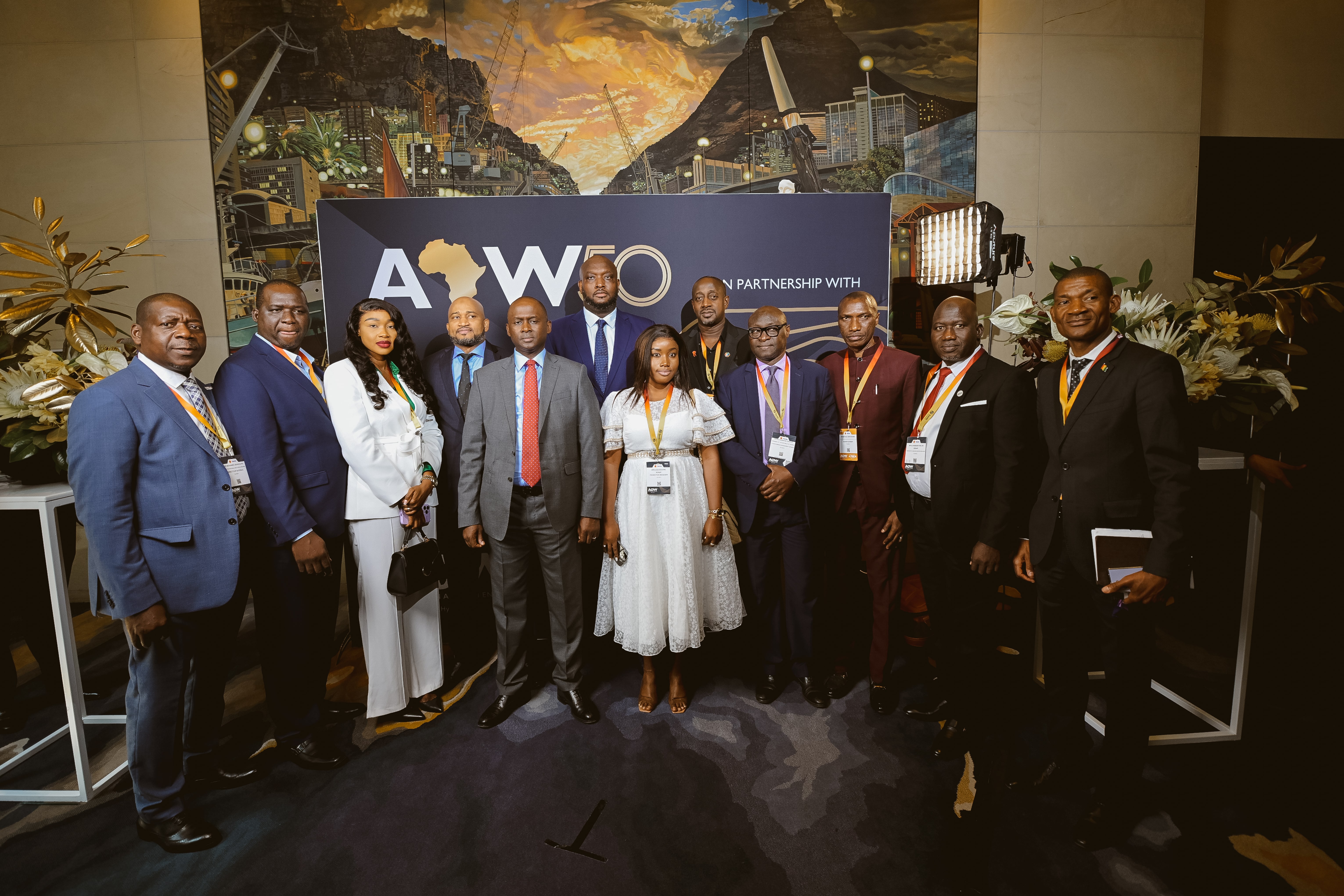

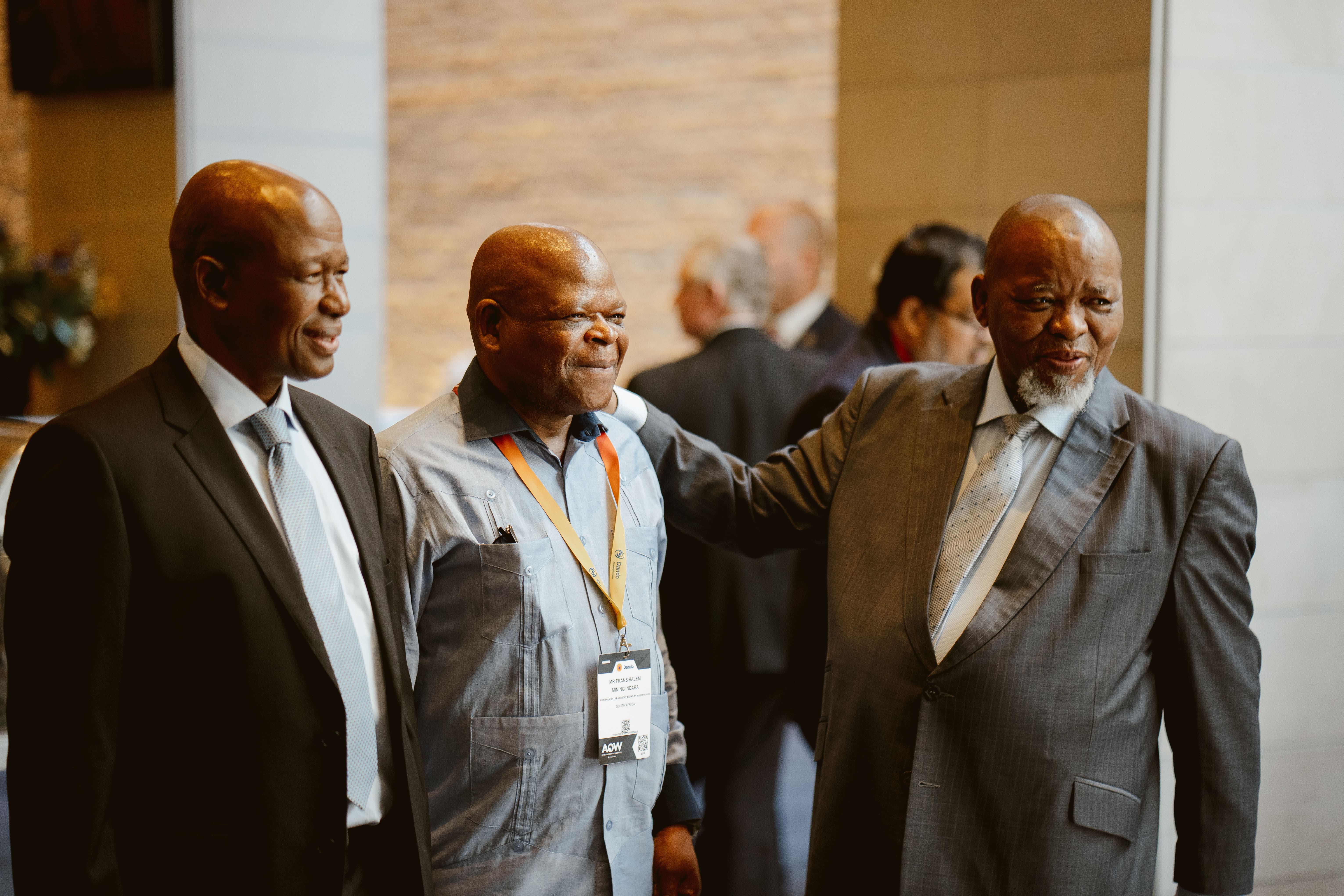

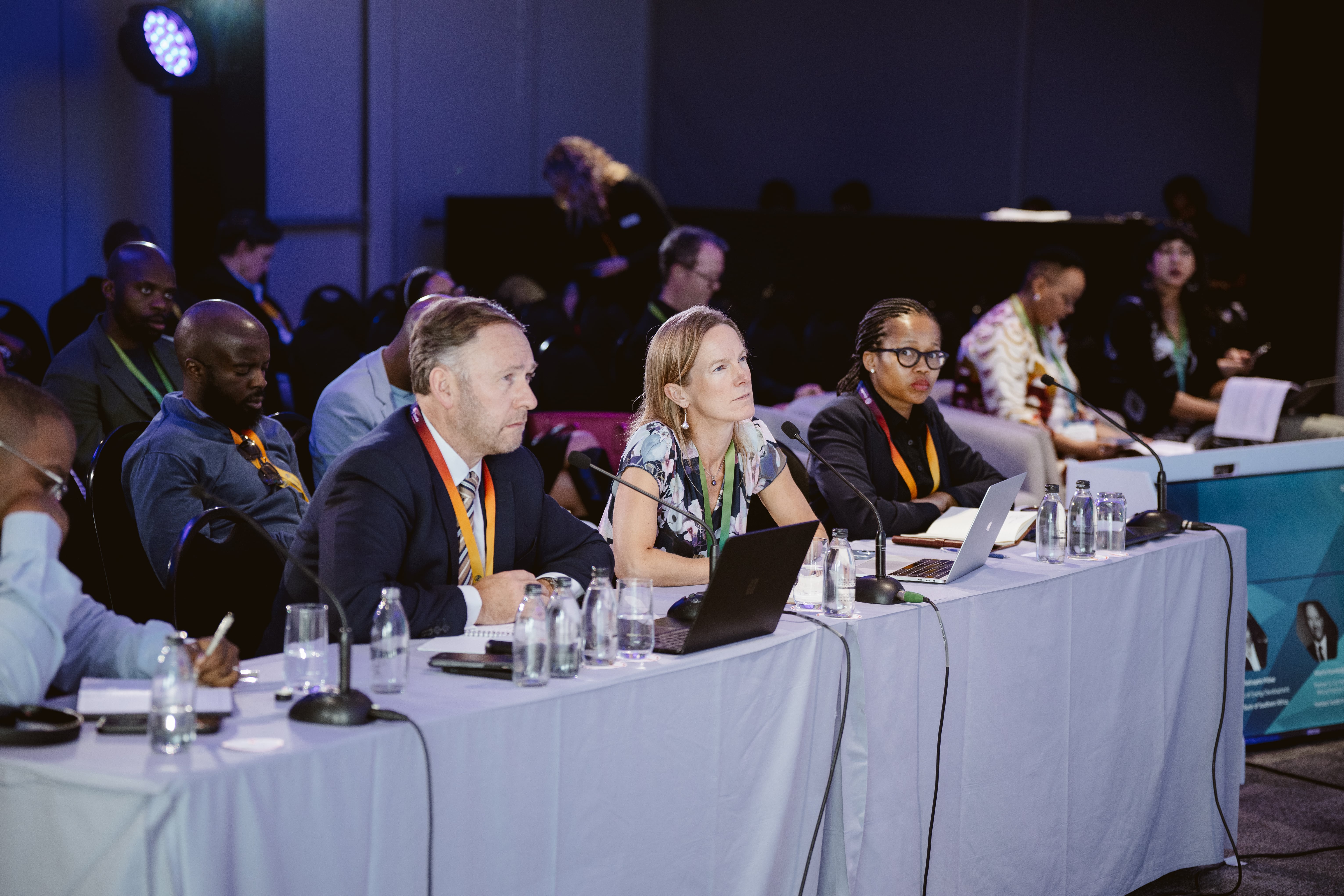

Our partners







